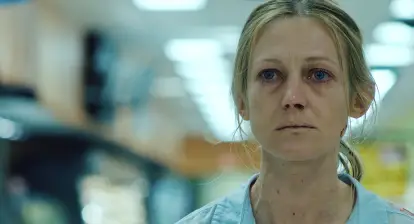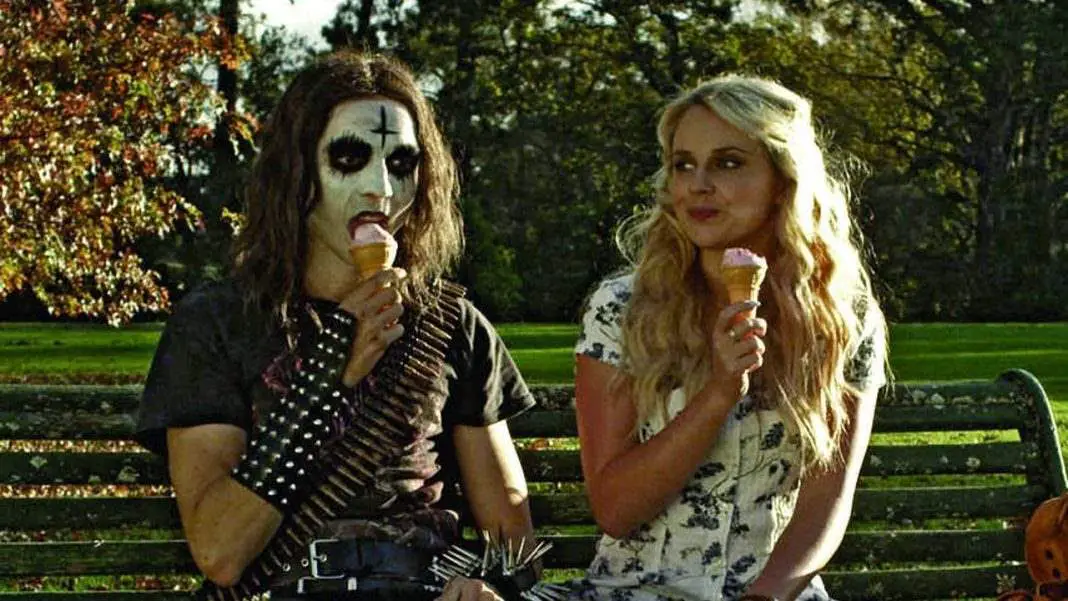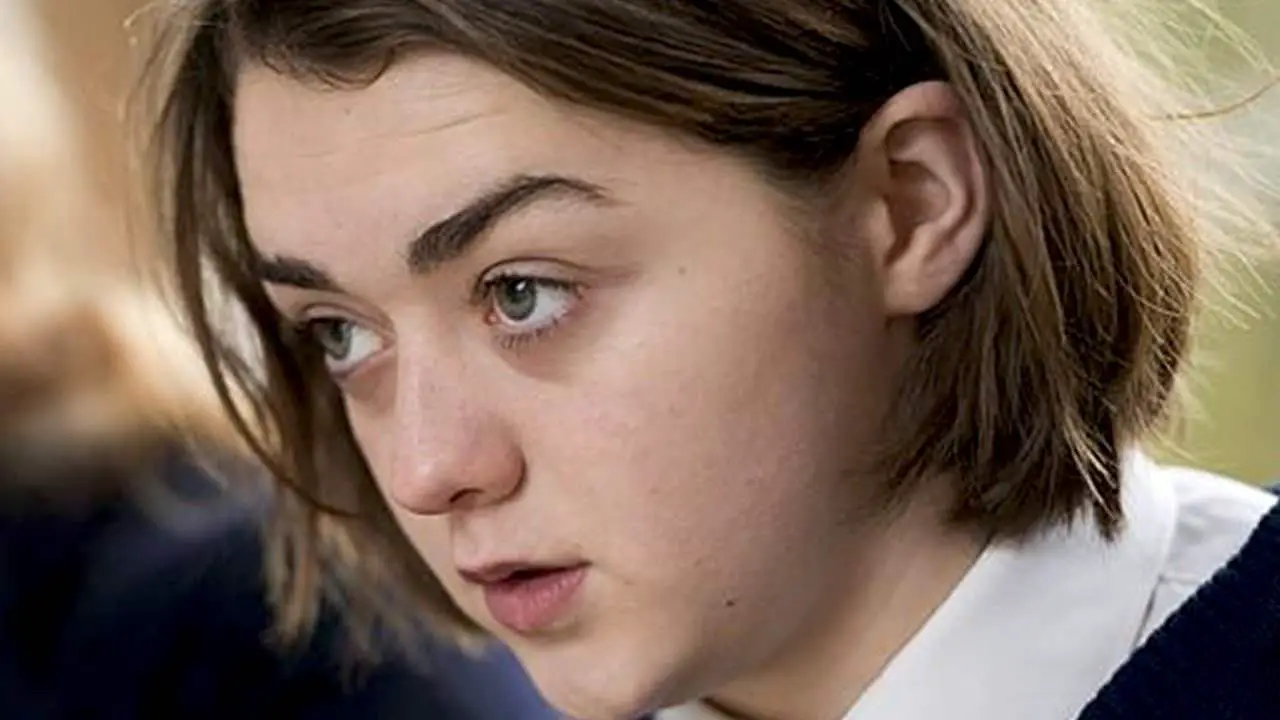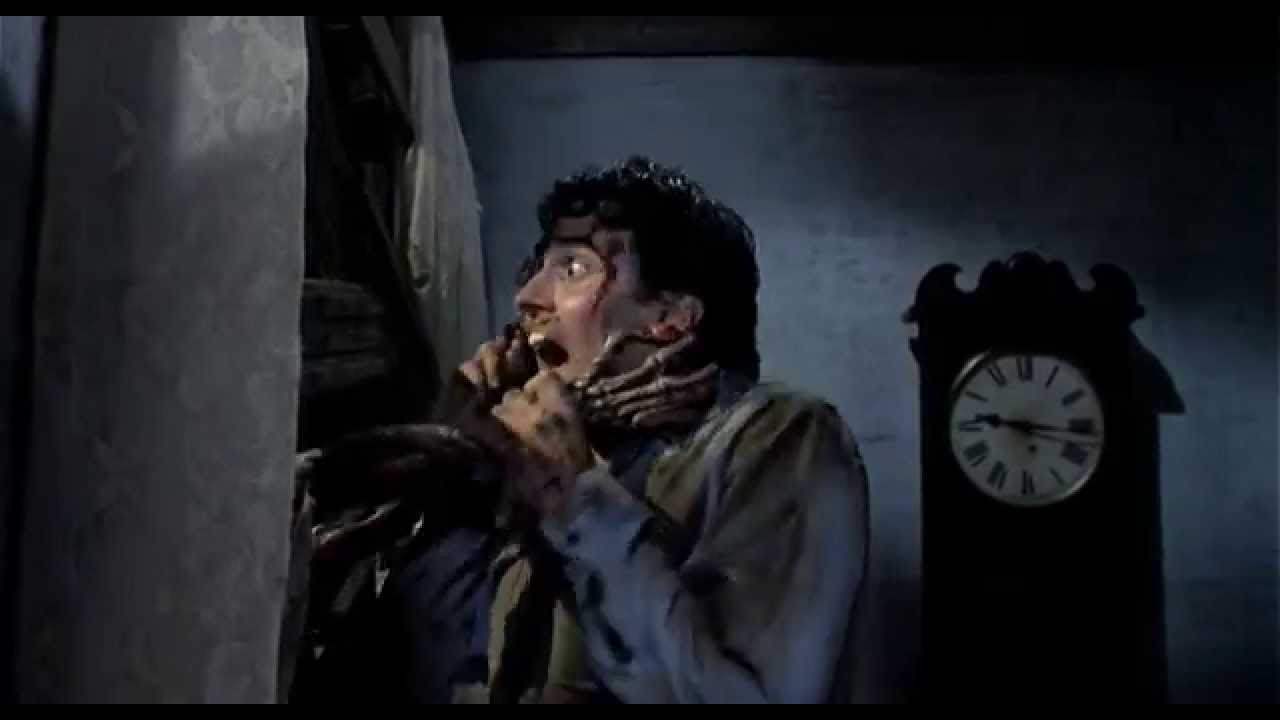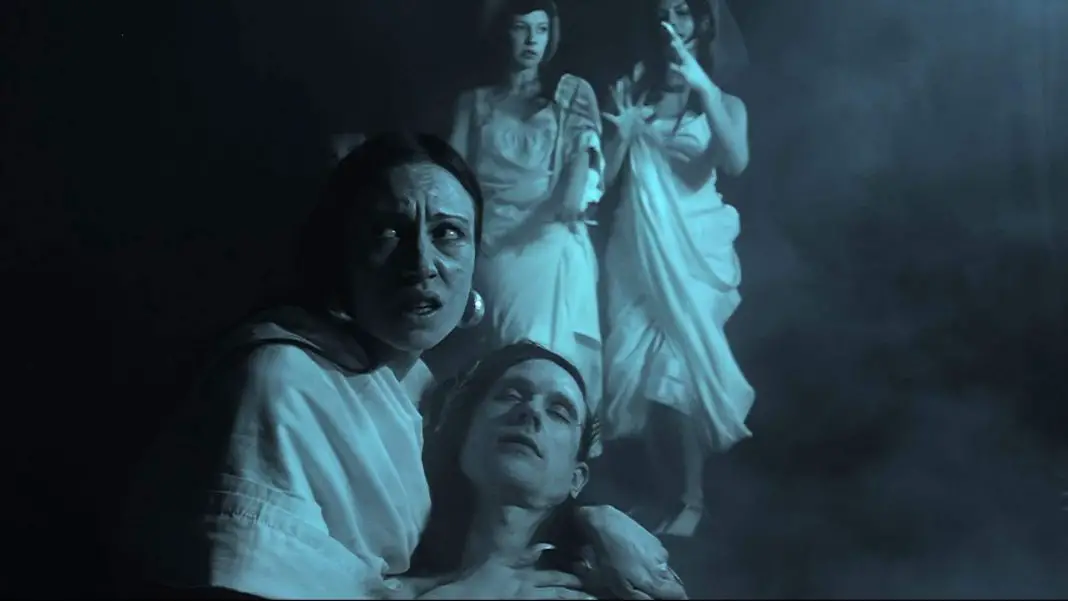Last March, I wrote a piece on Buffy characters who were unfairly despised. While I expected some degree of backlash against a few of the picks, there was a surprising amount of people who apparently didn’t even read the title—yet clicked on the article?—and thought it was just a list of characters I thought were the absolute worst.
For the most part, however, everyone had a different opinion to share.
Some rushed to the defense of Xander or Anya, others were shocked that Oz had ever been hated at all. All of the comments and shares had one thing in common: not one person agreed with the defense of Dawn. Not one person posted to say that she was, in fact, unfairly despised. Apparently, everybody hates Dawn.
Many voiced colorful opinions of just how fairly despised she was, including graphic descriptions explaining how Dawn should have jumped to her death at the end of season five. Or that this character, a fourteen-year-old at the time of her introduction, should have had the guts to sacrifice herself for her friends and family.
Some voiced their opinions on how actress Michelle Trachtenberg—a national treasure—should be ashamed for having ever been part of the show, that she may have even ruined it. In fact, Dawn might even be one of the most hated characters in the entire landscape of horror/sci-fi/fantasy television.
She also happens to be one of my favorite fictional characters of all time. I’m not even kidding. Dawn provided the series with a breath of fresh air as soon as she arrived. She spent a large portion of her debut season on the show understandably terrified, but Dawn grew and developed in organic ways. Consider how it took other characters five or six years to arrive at the level of maturity and compassion that Dawn hits in three.

But I get why Dawn frustrated the hell out of so many people. I just don’t get why they stayed so frustrated.
There’s a longstanding trope in TV known as “Cousin Oliver,” named after the irritable character in The Brady Bunch who injected an extra dose of misery for the final six episodes before that show’s cancellation. Nobody liked Cousin Oliver.
But he was added because the kids were growing up and the show had lost its appeal of cute children doing cute things. They added a new kid at the last second and it was a disaster. It kicked off a tradition of new characters being added to change-up the dynamic of various shows as a last-minute attempt to keep them interesting.
For many, Dawn was just a part of this longstanding tradition of painfully annoying characters. But the writers on Buffy were all huge TV nerds that were intimately familiar with that trope. They knew the absurdity of pulling the Cousin Oliver, so they ran with it. The beginning of season five did an ingenious thing in introducing Dawn—it pretended she’d been there the whole time.
The creative team had elaborate plans for her character, but they held off for several episodes before even beginning to let viewers in on their plans. Other shows inserted a new character and expected everyone not to question it, but Buffy went out of its way to insist that Dawn had been there the whole time, even bringing up episodes she clearly wasn’t in. This was a huge move, especially for such a continuity-conscious show.
 It was fascinating to see how long it went on before the reveal of who or what exactly Dawn was finally got dropped. The explanation of Buffy’s sister actually being this mystical energy in the form of a human brought a lot of Dawn’s actions into context. She wasn’t just being a brat, she was nervous and anxious because her family had begun to treat her as if she didn’t belong.
It was fascinating to see how long it went on before the reveal of who or what exactly Dawn was finally got dropped. The explanation of Buffy’s sister actually being this mystical energy in the form of a human brought a lot of Dawn’s actions into context. She wasn’t just being a brat, she was nervous and anxious because her family had begun to treat her as if she didn’t belong.
The introduction of Dawn to the show—which, bear in mind, had been a long time coming—was also hugely important thematically. After looking back on what they had done with the previous seasons, it finally occurred to Joss Whedon and co. that, if this was meant to be a feminist TV series, so much of Buffy’s life probably shouldn’t be defined by her boyfriend.
The introduction of a little sister allowed for the show to begin focusing on realistic female relationships. Even if the circumstances were odd, Buffy and Dawn were sisters and behaved as sisters would. Their relationship grew organically. Buffy couldn’t stand Dawn at first, but, following the death of their mother, she felt the need to protect her from everything and finally was able to stand back a little bit and watch Dawn blossom into a powerful young woman.
 But let’s talk about Dawn herself as a character, because that’s what I’m really here to defend. She sure started out whiny. I won’t pretend that’s not the case. But she had a lot to whine about. Dawn was never a part of the gang and for some of season five, she wasn’t even sure if she was meant to be a part of the world. Buffy’s sudden over-protectiveness didn’t help her feel at home, either.
But let’s talk about Dawn herself as a character, because that’s what I’m really here to defend. She sure started out whiny. I won’t pretend that’s not the case. But she had a lot to whine about. Dawn was never a part of the gang and for some of season five, she wasn’t even sure if she was meant to be a part of the world. Buffy’s sudden over-protectiveness didn’t help her feel at home, either.
She never got to be a part of the research or the fighting, even though Xander and Willow got thrown into the fray right from the very first episode. Buffy was always a show about people who didn’t fit in, who weren’t a part of the accepted high school—or even adult—social order. But even among the outcasts, Dawn was an outsider.
In season six, she hit the age Buffy herself had been when she became the slayer. In season seven, she hit the age Buffy had been when the series began. Yet, it takes forever for everyone to stop treating her like a kid. In fact, it never really stops, it just lessens. Dawn is a character who puts up with a lot.
In season five, she’s fourteen and already dealing with the fact that she’s only actually existed for a couple of months, and then she’s forced to deal with the death of her mother. She finds a new surrogate mother in Tara, who dies only a year later. Dawn is a teenager grasping onto any role model she can find, but her sister is dealing with depression, Giles goes back to England and Willow becomes a junkie, leaving her with no one left to latch onto.
Dawn goes through a lot on this show that most people wouldn’t be able to handle and she works through it all on her own because no one is ever reliably around to help her. When Buffy’s finally ready to teach her how to fight, Dawn’s already found out a lot about herself and discovered some of her own inner strength. She does prove to be a valuable asset to the group when they finally allow her to be.
In some ways, Dawn is actually a weird combination of Giles, Xander and Willow. She has that wisdom, but it’s not relied on, like Giles. She has that interest in research, but never gets the credit for being helpful. She sees things, sees the strength in people and is observant like Xander, but unlike him, Dawn is much more aware of her surroundings. On that level, she’s mastered what many consider to be Xander’s greatest trait.
 The episodes “All the Way” and “Potential” are both considerably enlightening for Dawn’s character because they give us a glimpse at who she is on her own, away from the traditional group dynamic. They’re episodes that show her getting to be a teenager, but also how inherently strong and resourceful she is, even without Buffy around to save her.
The episodes “All the Way” and “Potential” are both considerably enlightening for Dawn’s character because they give us a glimpse at who she is on her own, away from the traditional group dynamic. They’re episodes that show her getting to be a teenager, but also how inherently strong and resourceful she is, even without Buffy around to save her.
Sadly, they also show that, after everything she’s been through, Dawn also kind of thinks she’s unimportant. She doesn’t matter as much as the other characters. She’s cut off from the group dynamic. Even as the mystical key she originally had been, Dawn was designed to work just that one time. There was a literal function she was built for that she cannot perform. As a human teenage girl, she develops anxieties that make perfect sense.
Dawn is not one of the Scoobies until the very end of the show. She’s not a witch, a vampire, a slayer or, um, a carpenter. She spends so much time being defined by others as “Buffy’s sister” that she’s barely ever considered to be a part of the group. There’s nothing special about Dawn like so many of the other characters—at least, not to her.
And not to most of those around her or, it would soon become clear, to the fans. Dawn has to fight so hard to be her own person, to prove herself on her own terms. Most people are never around to see half of the good she does, most never acknowledge half the contributions she makes, but that doesn’t stoph her. No, she doesn’t have any powers. She was never going to be the slayer. At the end of the day, those angry fans are right, she’s not special.
She’s extraordinary.


